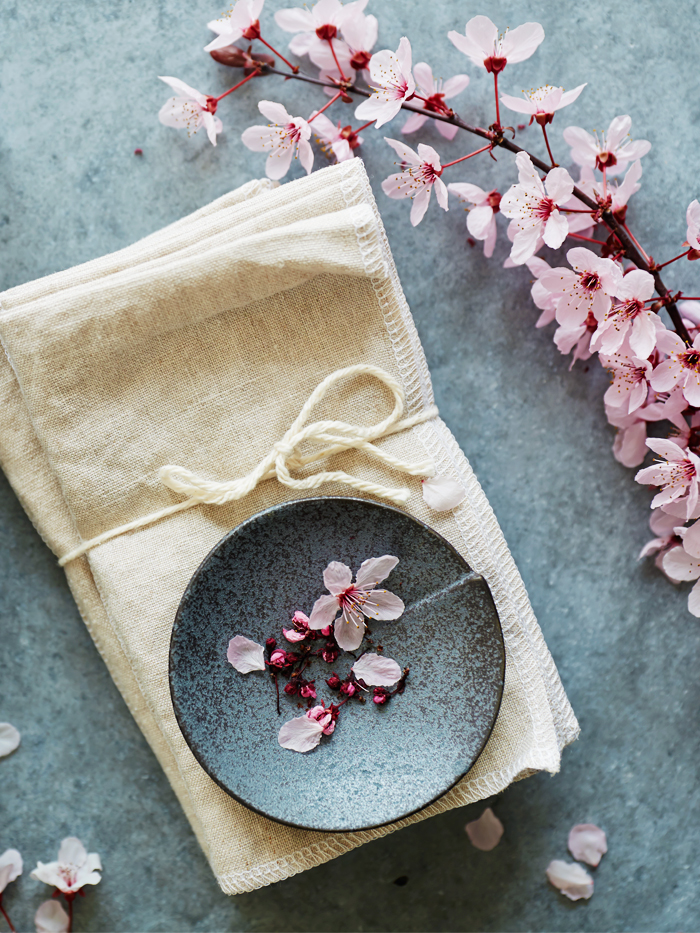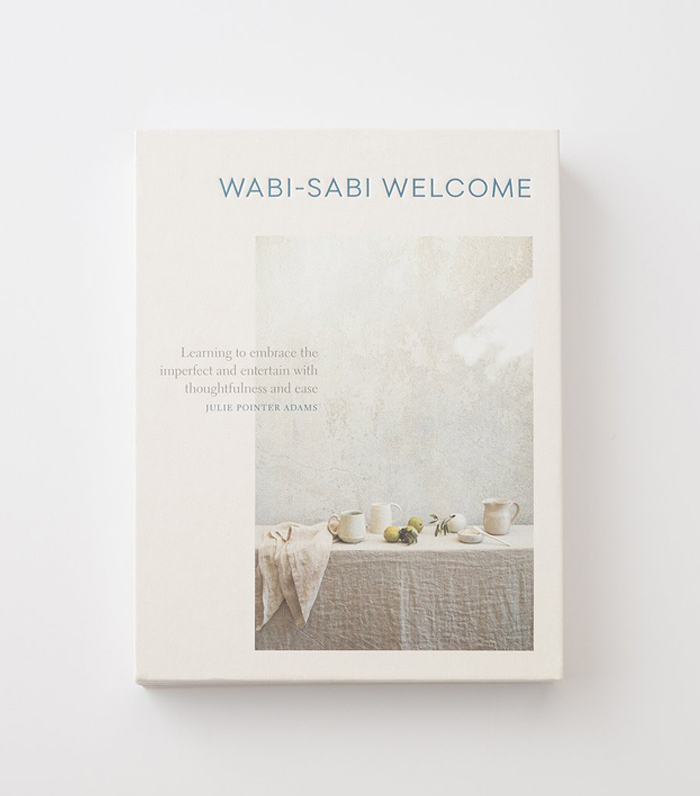"Wabi-Sabi" Is Wholesale Replica Bag Wellness Trend to Impact the Internet


You know how wellness trends go. Just when you've embraced one, another pops up in its place. To fully understand it, you have to take on another learning curve. It can be frustrating sometimes (why do they have to come and go so quickly?), but it's also an opportunity to find an ideology and routine that work for you. Since it's right after the New Year and we're all focusing on health and wellness, we think there's no better time to introduce you to a new one.
This time, though, it doesn't seem to be a fleeting movement. Like the Danish wellness trend of hygge, this one can change your routine for the better. It's called "wabi-sabi," and we've seen this Japanese living ideology rise in popularity in magazines, on Pinterest boards, and throughout our Instagram feeds over the last few months. It's being hailed as the inspiration for health, mindset, beauty routines, and even the interior trends of the moment. Read on to discover how this ancient Japanese philosophy can bring some clarity to your life.
What is wabi-sabi?
Described as "beauty in imperfection," wabi-sabi originally began in ancient China with its history rooted in Zen Buddhism. It later evolved into a predominately Japanese movement, being linked to the country's famous tea ceremonies. The term "wabi-sabi" is not easily translated, as the practice is so rich in history that the meaning of the words has changed over the centuries. "Wabi" is said to be defined as "rustic simplicity" or "understated elegance" with a focus on a less-is-more mentality. "Sabi" is translated to "taking pleasure in the imperfect."
Flawed beauty is fully embraced in the wabi-sabi philosophy, as ancient Japanese royalty saw embracing imperfection as one of the key steps to enlightenment. Embracing the "natural passage of time" is encouraged, in stark contrast to Western culture, which champions all that is perfect and new while having a low regard for aging.
WABI-SABI AND MODERN LIFE
The rise in social media has the majority of us feeling as if we need to present the perfect life online. The near constant comparison of our lives to others is now cited as being hugely detrimental to our mental health. Because of this, we personally can't see a better time to embrace the relaxed principals of wabi-sabi.
The lifestyle calls for living modestly, accepting our own imperfection, and learning to be satisfied with what we have. It's the polar opposite of our typically stressful, busy lives wherein we often focus on achieving perfection in all areas.
Bringing some wabi-sabi into your life can be as simple as being humble, warm, and welcoming. There's no big to-do list around this culture (which adds to its appeal). You don't require anything to start the practice, just a simple and calming outlook. If you're hung up on a flaw you believe you have, it may be time to consider shifting your perspective and seeing it as a part of you to embrace wholeheartedly.
Characteristics of wabi-sabi can be anything from simplicity to modesty, with an appreciation for natural objects and processes. It can be focusing on buying less and embracing the things you already own or bringing something from nature into your home. Flowers are a key symbol of wabi-sabi, to be appreciated even when they begin to wilt and are not at their most perfect.
On embracing the lifestyle, you may start to see the beauty in items you'd typically cast aside or begin using something you'd "saved for best." If you don't dare light your favorite candle for fear it would look better on Instagram in its perfect condition, this may be the mindset for you. The wabi-sabi way would be to enjoy the pleasure of using something you enjoy, whether it looks half burnt and asymmetrical or not.
NOTED FOLLOWERS
Jack Dorsey (the billionaire founder of Twitter and Square), Will.I.Am, and Jessica Alba have already converted to the wabi-sabi lifestyle. Alba recently told Us Weekly that she swears by the Japanese philosophy to stay grounded and keep things in perspective. As the Honest Company CEO and actress explained, "I am an earthy and tactile person—I enjoy and embrace the imperfections of real life." Alba noted that the practice often influences her interior design aesthetic. She uses "real wood or anything with a natural touch" in her home, stating that they're "the most beautiful" to her.
WABI-SABI AND THE ART OF KINTSUGI
Talking interiors trends, lately we've been seeing beautiful cracked bowls filled with shimmering gold on our Instagram feeds and Pinterest boards. This practice also derives from Japanese culture and is a perfect example of wabi-sabi. Kintsugi, or "golden joinery," is an art form where breaks and repairs are treated as part of an object's history. While we may be tempted to throw away a broken plate or bowl, ceramics in Japan are mended using resin mixed with powdered gold, silver, or platinum. You can see the visible cracks, but the repaired pieces' quirky beauty somehow makes them even more covetable.
And it's not just used with things that are broken. Artists in Japan often leave subtle fractures in the glaze when making a vase or bowl as a reminder of the wabi-sabi nature of life.
Such is the popularity of kintsugi that chic homeware site Trouva has begun selling a Kintsugi Repair Kit ($33). So the next time you drop a plate, know that it doesn't have to be doomed for the bin. Leading lifestyle stores Oliver Bonas, Anthropologie, and Amara sell perfectly imperfect homewares and dining ware—have you noticed the trend of irregularly shaped vases, handmade clay mugs, and slightly asymmetrical plates? You have wabi-sabi to thank for that.
WABI-SABI BEAUTY
Wabi-sabi philosophy knows that aging is inevitable and believes it's beautiful all the same—be it in an object or a person. We think that's a positive approach to beauty, and it's one that opens us up to self-love. By recognizing that the "perfect" body doesn't exist, we are apt to appreciate what we have, focusing on what we love. In many cases, a feature that people don't like about themselves can turn out to be one of their most redeeming traits. That's wabi-sabi for you. It's all about growing in confidence and positivity.
Similarly, if your makeup doesn't warrant a selfie most days, the wabi-sabi approach would be knowing that's okay and getting out to enjoy yourself anyway. So if your eyeliner flicks never perfectly match, we challenge you to see that as just one of life's little imperfections. If the wallpaper in your flat doesn't quite line up or if your phone screen has a crack, try to find the beauty in these everyday quirks.
We also love the idea of bringing the art of kintsugi into our beauty routines. Next time your favorite makeup palette cracks, why not look to repair it rather than buy a new one? There's a freedom in finding that imperfection is okay.
HOW TO LEARN MORE
If this sounds appealing and you'd like to find out more, Julie Pointer Adams has created Wabi-Sabi Welcome ($17), which demonstrates how you can incorporate the lifestyle into your home and life. Adams created the book after her family home and almost all her possessions were lost in a California wildfire. This altered her perception of life and the value she placed on possessions. Adams explains, "I wrote this book for anyone hungry to share his or her home and life in a simple, less perfection-seeking way. You'll find down-to-earth ideas for making anyone feel more at home in your space and simple, approachable recipes that I know to be reliable fallbacks for meals that can feed two or 10."
Wabi-Sabi Welcome applies the basic principles of the wabi-sabi aesthetic to modern entertaining. The book covers everything from slowing down and quieting your mind to preparing delicious food to nourish, not show off. It talks of turning the generous act of getting together into a deeper part of being together. From choosing modest handmade décor to accessorizing with nature (think handpicked flowers) to finding beauty in imperfections (wrinkled linen napkins, along with a relaxed attitude) and much more. This insightful read got us thinking about how we can be more wabi-sabi in 2018.
What do you think about wabi-sabi? Let us know in the comments. Then check out eight other Japanese wellness ideologies.
This post was originally published on Byrdie UK and has since been updated by Kaitlyn McLintock.
This article is provided for informational purposes only and is not intended to be used in the place of advice of your physician or other medical professionals. You should always consult with your doctor or healthcare provider first with any health-related questions.

